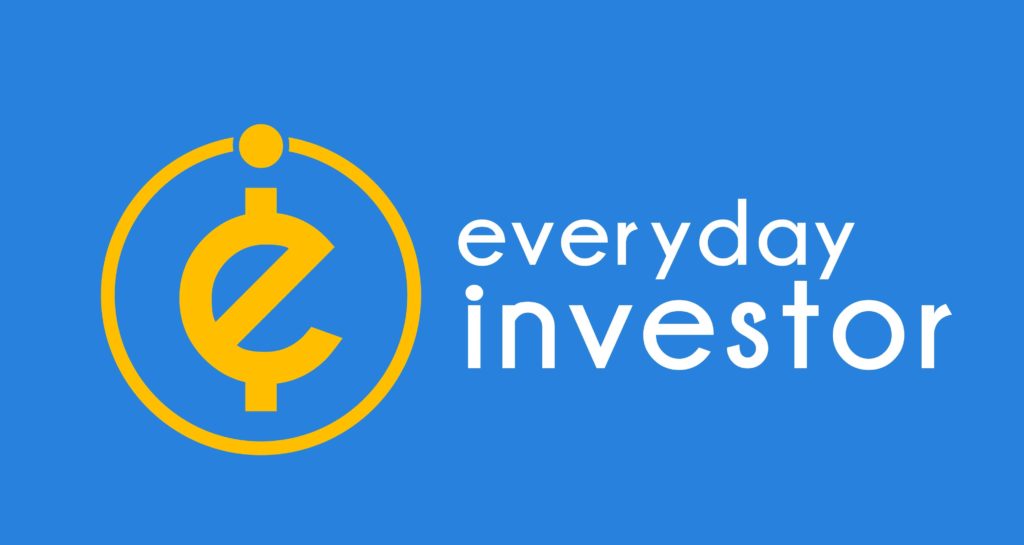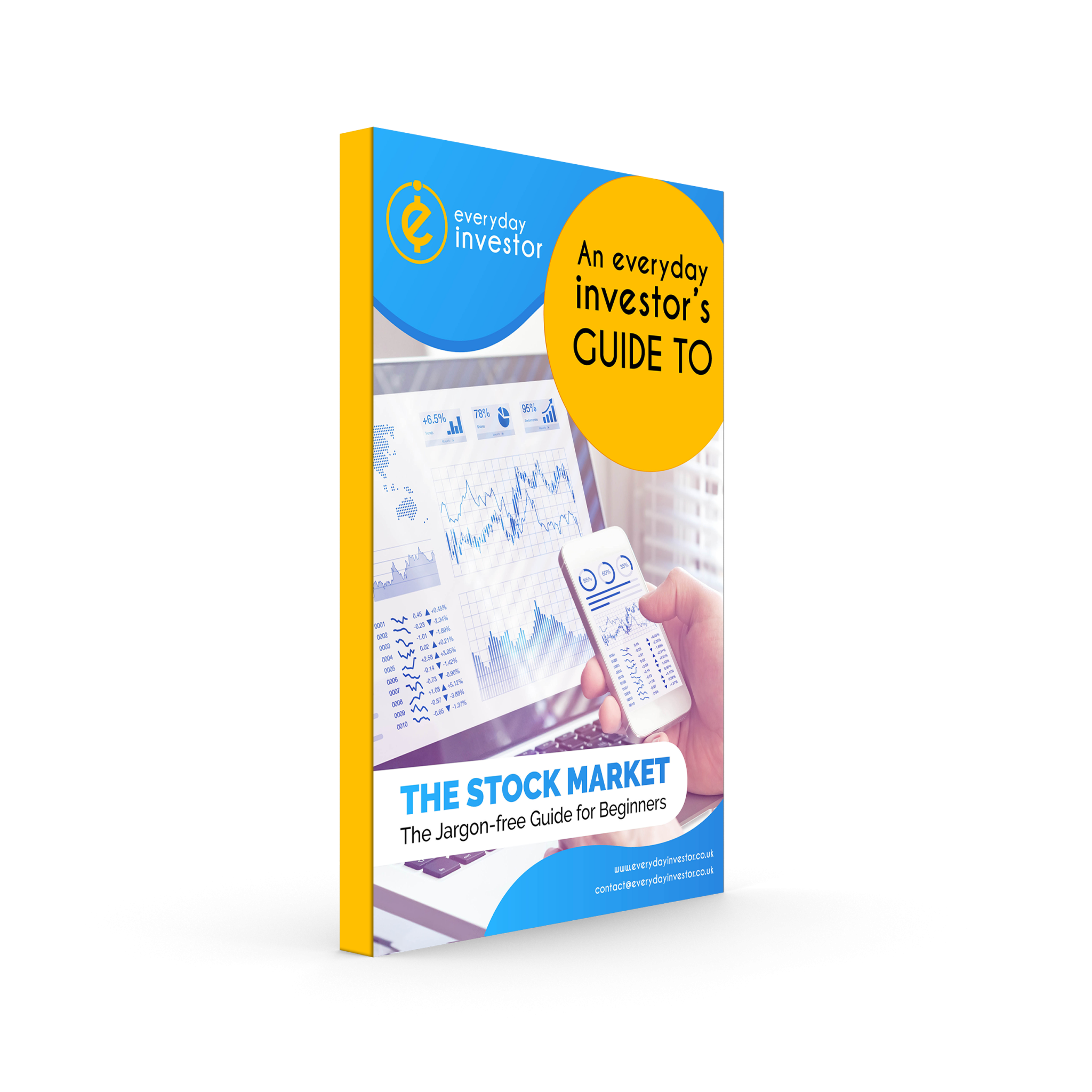The basic principle of getting dividends from shares
Dividends may be paid to shareholders of a company that makes a profit. A dividend is a cut of the profit, usually in the form of a payment. However, it can be in the form of additional shares too.
Companies are operating to try and generate a profit and ultimately provide a return for shareholders. They may choose to pay a portion of their profit to shareholders in the form of a dividend payment. Alternatively, they may choose to re-invest profits back into the business to help them grow.
Dividends definition
A dividend is essentially a payment made to shareholders. Dividends are used by companies to disperse their annual profits. Therefore, a dividend represents a share of the company’s profit. Dividends act as a reward to shareholders for being an investor in the company.
How do you earn dividends from shares?
The first thing to say is that dividends are only paid to shareholders. You do actually need to own the shares before the dividend is paid to be eligible. Shareholders receive dividends from shares in proportion to how many shares they own. This allows investors who own a greater share of the company to receive a greater share of the dividend payment.
Here are the key dates you need to be aware of:
- Dividend declaration date – This is the date the company announces details of the dividend.
- Ex-dividend date – It takes two working days as standard for share transactions to clear. You would need to ensure you are a shareholder at least one working day before this date. Doing so would ensure you were registered as a shareholder before the Record date.
- Record date – This is the date used to determine who is a shareholder and therefore eligible to receive a dividend. The company will announce this date with the details of the dividend.
- Payment date – This is when the dividend will actually be paid into your account. This date will also be announced as part of the dividend declaration.
Dividends are usually decided quarterly and paid out quarterly. However, some companies may pay their dividends annually or bi-annually.
How to buy dividend shares
There is no difference in the way you buy shares that pay dividends compared to buying those that don’t. The shares are bought in the same way.
It is worth understanding that just because a company doesn’t pay shareholders a dividend now, doesn’t mean they never will. If you continue to own the share the company may decide to start paying a dividend later. You would then be entitled to receive it.
Why do investors want to receive dividends from shares?
Often, investors seeking dividends from shares will be doing so as part of an income strategy. This is where an investor is looking to receive a relatively stable income as part of their investment. It is an alternative approach to a growth strategy.
Investing for growth is where investors buy shares they believe will rise in value enough over the long-term. They hope to achieve their desired profit when they come to sell the shares.
It is worth noting that many investors may adopt a mix of both strategies. This is a bid to balance risk. Additionally, investors have the option to automatically re-invest dividends into buying more shares.
How are a company’s dividends decided?
The company board of directors decide whether or not to pay a dividend to shareholders. They will also decide how much to pay out in the form of a dividend. The board’s decision on whether to issue dividends will be influenced by a range of factors.
The company will consider the level of profit it has made and how much they need to re-invest back into the business. If there is surplus money left over, they may choose to issue this as a dividend payment. This can make the stock more attractive to investors seeking to receive income.
Companies that pay dividends and in particular larger dividends tend to be later stage, more mature businesses. This makes sense as they are less likely to be heavily investing in scaling up like a younger, growing company would be.
Why companies may not issue dividends
Here are some common reasons why companies may not pay a dividend:
- Early stage companies not yet making a profit (such as many of those listed on AIM).
- Fast growing companies that need to invest profits into further growth.
- Companies that have other opportunities to use the profit. This could be buying new assets that benefit the business in the long-term.
Typical dividend paying companies
The particular companies that have a reputation for consistently paying a dividend to shareholders is wide-ranging. There are certain industries that are well-known for their dividends, e.g. tobacco, oil & gas and insurance. These are industries that are more mature where companies are unlikely to be growing rapidly. However, dividend paying stocks are not limited to these sectors.
Dividends and tax
Depending on the value of dividends received it is possible that you may need to pay tax. Make sure you read our guide to tax on shares to understand how this works. You may also want to understand how using a stocks and shares ISA can help you pay less tax.
Keeping it simple
A dividend is a payment made to shareholders. Companies use dividends to disperse their annual retained profits. However, not all companies pay dividends. A company’s board of directors will decide whether to pay a dividend or not.
If you’re keen to learn more make sure you check out the rest of our website or grab a copy of our free Beginner’s Guide to Investing in the Stock Market.
All our content is provided for educational purposes only, to help you make your own decisions. We don’t provide personalised advice and therefore our content should not be considered an invitation, inducement or recommendation to engage in any particular investment activity. Please review our disclaimer and website terms for full details.








